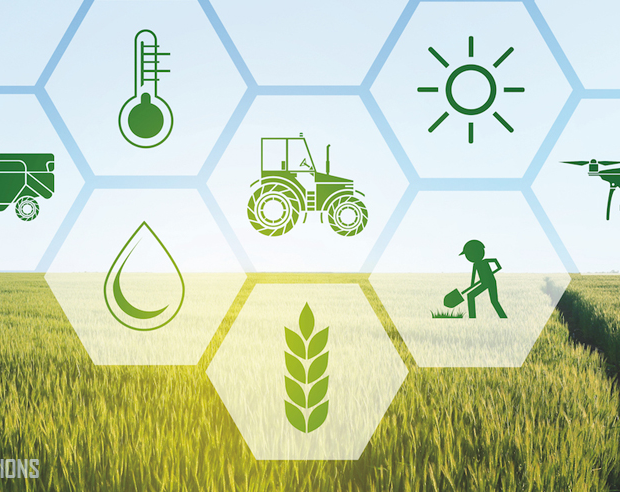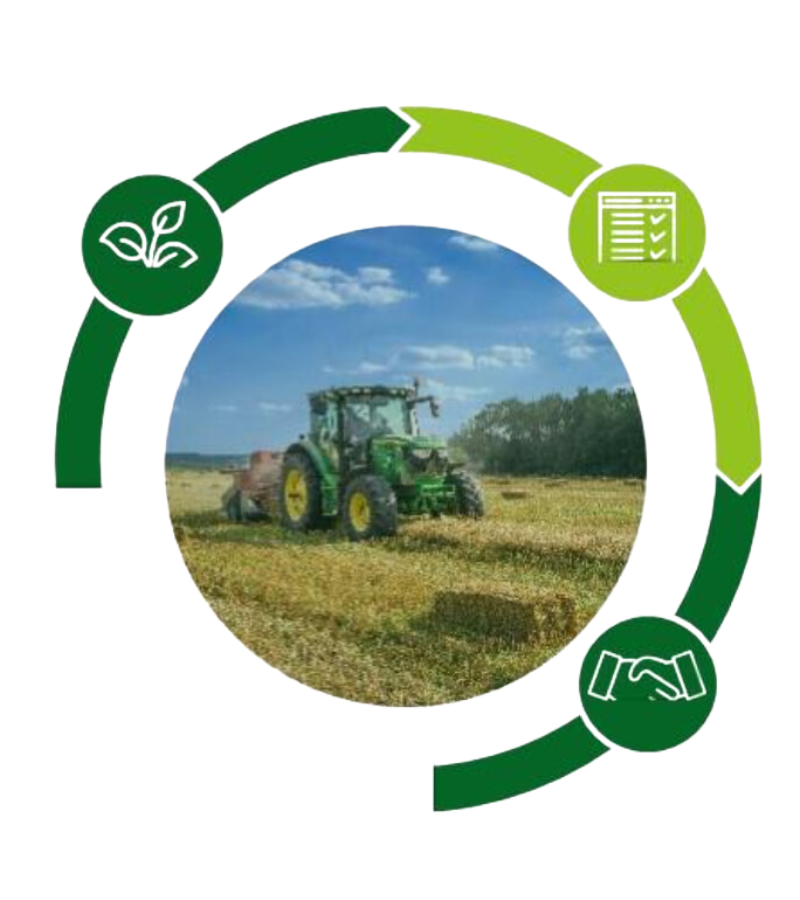10
+



These farmers often have limited resources and require affordable, effective agricultural solutions.
We develop organic-certified products to cater to the growing demand for organic agriculture.
Farmers who cultivate high-value crops, such as fruits, vegetables, and spices, may require specialized agrochemical solutions.
These organizations can be valuable partners for promoting sustainable agriculture practices and distributing agrochemical

